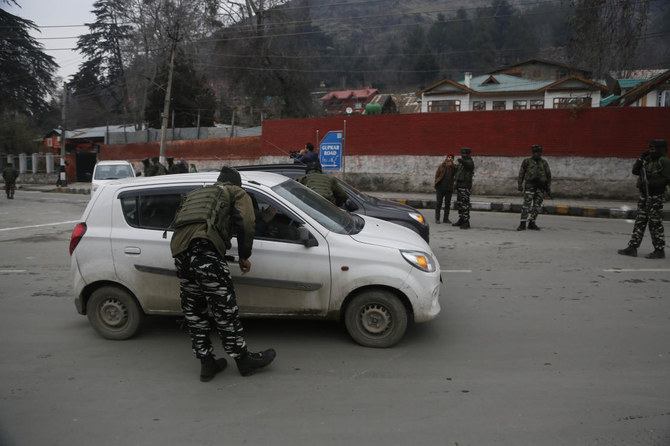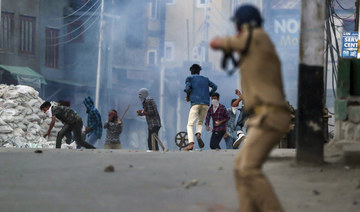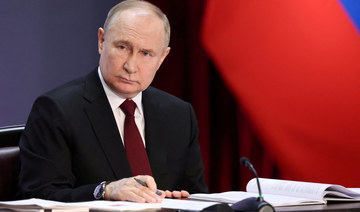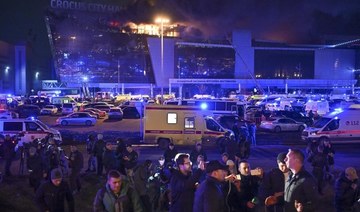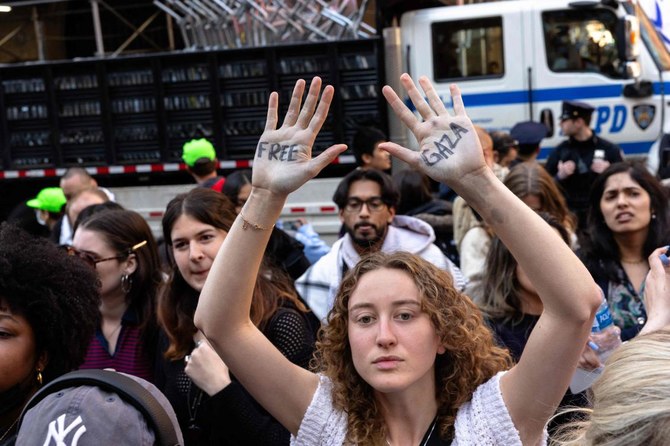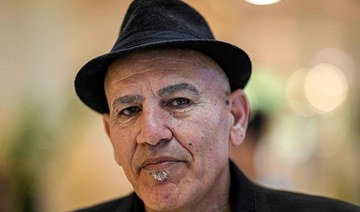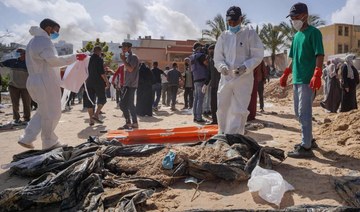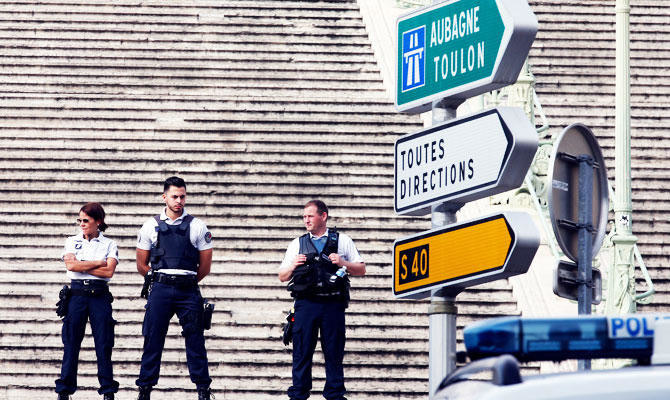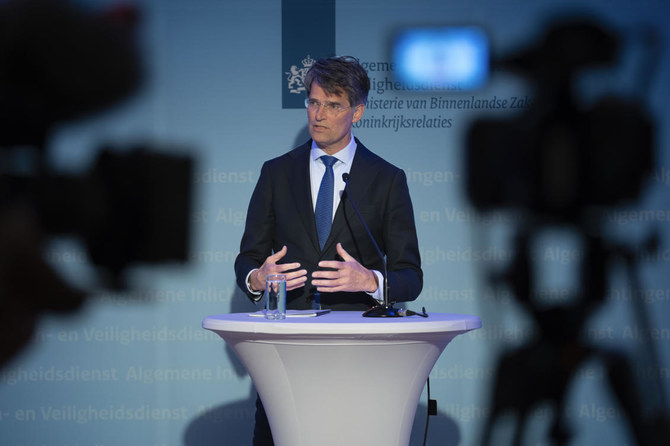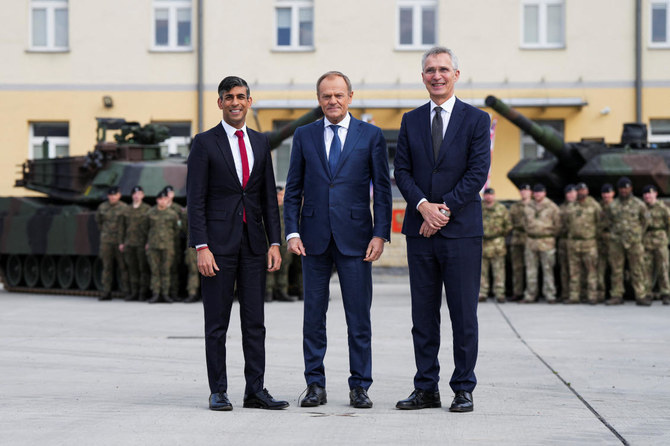NEW DELHI: India on Thursday said it took 15 foreign diplomats, including the US ambassador, to its portion of Kashmir to show it was getting life back to normal more than five months after the start of a lockdown.
Indian-administered Kashmir has been tense since the government in New Delhi scrapped the region’s semi-independent status and imposed a security and communications crackdown. Tourism and commerce has been devastated by the lockdown, while activists and political leaders have been jailed. The internet remains cut off.
The Ministry of External Affairs said that the two-day visit by diplomats from the US, South Korea, Vietnam, Bangladesh, Maldives, Morocco, Fiji, Norway, Philippines, Argentina, Peru, Niger, Nigeria, Togo, and Guyana was requested by some of the New Delhi-based ambassadors.
“The objective of the visit is for the envoys to see the efforts being made by the government to bring the situation to normal and see first-hand the impact of series of steps taken by the local administration to normalize the situation in recent weeks,” said Raveesh Kumar, the ministry's spokesman.
He added that the program “was drawn up keeping in mind the threat posed by terrorism and taking adequate precautions for security.”
The ambassadors were in Srinagar on Thursday and were reported to have met and interacted with security officials, members of civil society and selected journalists.
“I told the reality of Kashmir to the foreign delegation,” Majid Hyderi, one of the journalists who met the foreign diplomats in Srinagar, told Arab News. “The envoys gave us a patient hearing. The visit helps (to give) the outside world a window to know what is actually happening in Kashmir.”
There was controversy before the trip, with some European Union ambassadors pulling out. There were media reports that the EU delegation wanted to be given a free hand in Kashmir and expressed a desire to meet jailed leaders, but that the Indian government opposed their wishes.
The Kashmir visit has been branded a “a guided trip” by the opposition Congress party.
“The government is adopting double standards by allowing foreign envoys to visit J&K, but not Indian politicians,” the party's spokesman, Jairam Ramesh, said at a press conference in New Delhi.
He demanded “unfettered access to Kashmir to all politicians” instead of guided tours for diplomats. “There should be meaningful political activities in the state,” he added.
On Friday the diplomats head to Jammu, which is considered the region's winter capital.
Anuradha Bhasin Jamwal, Jammu-based editor of the Kashmir Times, questioned the government's motives.
“Why should the government do this conducted tour? It’s sheer hypocrisy by New Delhi when they don’t allow their own leaders to visit the state, keeping the mainstream leaders of Kashmir in jail. This is heaping further insult onto the people,” she told Arab News. “It further exposes the government that they have something to hide. A communication curb is a reality both in Srinagar and Jammu. There is an uneasy lull in Kashmir. The visit of envoys does not change the ground reality. The trust of people in the valley is completely broken. Even Jammu is feeling the pain of the lockdown and people are getting alienated.”
Srinagar-based rights activist Khurram Parvez said that by “soliciting” international support New Delhi was going against its own declared policy of not seeking international intervention in Kashmir.
He told Arab News that the government wanted some kind of legitimacy for its action as there appeared to be some insecurity in its ranks. “People are angrier now than in the past and they will express themselves in time to come.”
Kashmir is India’s only Muslim-majority state and scrapping its special status was New Delhi’s bid to integrate it fully with India and to rein in militancy.
The Himalayan region has experienced turmoil and violence for decades. It is claimed in full by both India and Pakistan, which have gone to war twice over it, and both rule parts of it. India’s portion has been plagued by separatist violence since the late 1980s.
Srinagar-based Kashmir University professor, Sheikh Showkat Hussain, said the envoys’ visit was an attempt to improve India’s “battered” international image.
“The presence of the US envoy I think shows that Washington somehow wants to enlist New Delhi’s support in its escalating tension with Iran. Pakistan has refused to be part of any war. So, the US is looking towards India,” Hussain told Arab News.




